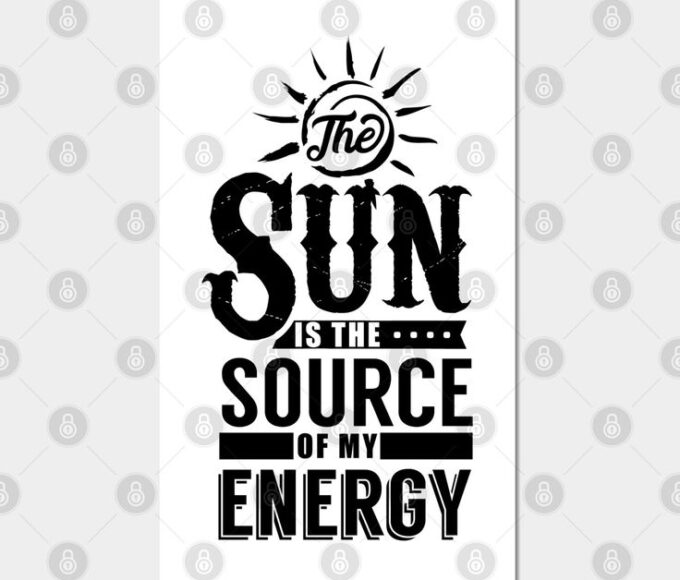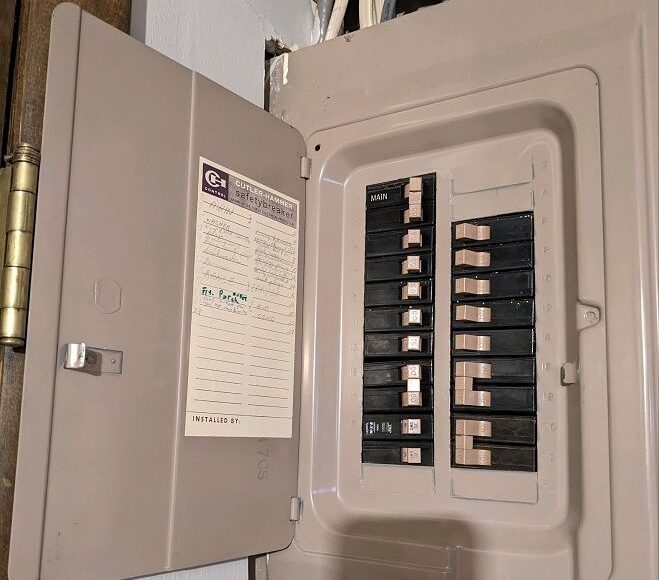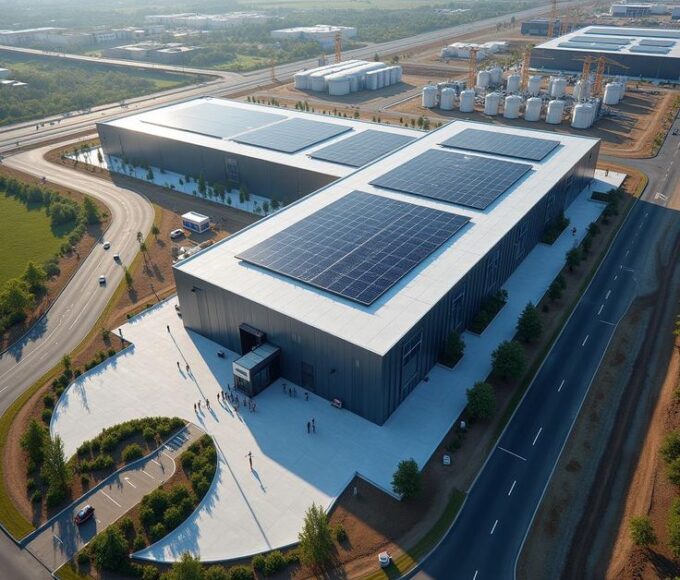Introduction to Food Industry Sealers
The food industry is a dynamic market with ceaseless advances and product achivements, which not only signifies quality but also safety. This is one feature that has to be kept by one of the many players maintaining the standards, and this is the sealer. A good sealer does not only help to maintain freshness, but also makes products delivered to consumers in good condition. While companies look for ways to improve the packaging process in their companies, knowing the different kinds of sealers becomes important.
The right sealer can be a great help every day in a small local bakery and at any large factory. Today we’re going to review a vast field of food industry sealers that will help you level up your packaging strategy!
Types of Sealers Used in the Food Industry
In the food industry, there is a variety of sealers that are used to meet the various sealing requirements. Vacuum sealer machines have recently gained popularity for sealing food items and removing air from the containers to make food last longer. It assists in the maintaining the quality of perishable goods.
Heat sealers use heat to join substrates with stitch-less cofounding that are airtight. The method is employed on bags and pouches that are made from plastic or foil chiefly.
Other categories of sealer machines are those that seal flat bottomed bags as they move through the machine. They are useful where there are many product lines that the machine will be expected to manage in large numbers.
For specific applications, impulse sealers are qualitatively appropriate since they do not require a warm-up period. They are ideal for small scale uses where speed and ease of use are crucial factors.
Shrink wrap machines give a cover to products through the process of heating a film to shrink around the goods. This type not only protects but also optimises the presentation of a product on the retail shelf.

Advantages of Applying Sealers in Food Industry
Functionality of sealers in the food industry is another benefit that will easily help in the improvement of products in an organization. Another important advantage is making the product have a longer shelf life. Sealing helps to minimize spoilage and thus drastically cutting costs on wasted products.
They also help to seal it to make sure that it remains fresh when taken. They avoid the foods from being exposed to air, moisture, or any other contaminants to make the appear and taste fresh for a longer time.
Further, sealing increases safety. They reduce the likelihood of contamination when the products are stored or transported. This is important for a company to meet the set health policies as well as safeguard customers.
There is also the aspect of cost since going for an affordable keyword will definitely mean paying a cheaper price for it. Seemingly there could be capital intensive costs in acquiring sealing equipment but over the years, the quantity of waste produced is significantly cut.
In the same manner, sealers are useful to branding initiatives since they give the establishments an organized look that is likely more attractive to consumers. Making product packages attractive can be a significant factor in determining the buyers’ decisions in a market and enhance loyalty.

Measures to take when choosing the sealer for a business.
There are number of considerations when it comes to choosing the right sealer that meets the requirements of food industry. First of all, it is necessary to pay attention to what kind of food you work with. Some of the products may be sensitive to certain techniques of sealing in order to keep them fresh and safe.
Secondly, consider the production quantity of the product before setting up the machine. Large production rates may require sturdier equipment ones which can handle large volumes of production, yet durable ones. For a small business or a business that is just starting out then lightweight options may well be for you.
Another factor is that the product should be able to last for a long period of time. It is important that a sealer consistently provide protection for day to day usage and multiple climate changes without getting ineffective after some time. Avoid models that have no guarantee or which have ambiguous data on the durability of the particular model.
As with other aspects of design, usability should not be forgotten either. Instructing workers on how to use large complicated equipment can be both time consuming and expensive; and so simple designs are desirable.
Budget constraints should also come into play when deciding on matters regarding the project you are handling. Both investment in good equipment and getting the best balance for the necessary equipment setup/construction will guarantee long-term satisfaction with the choice.
All these subsections and areas help in pointing you in the right direction towards choosing the right sealer that suits your business’s needs.












